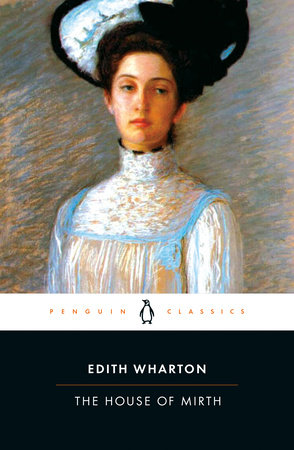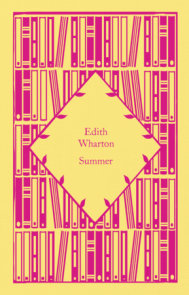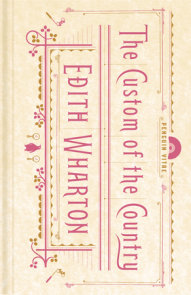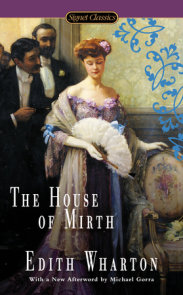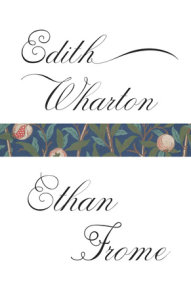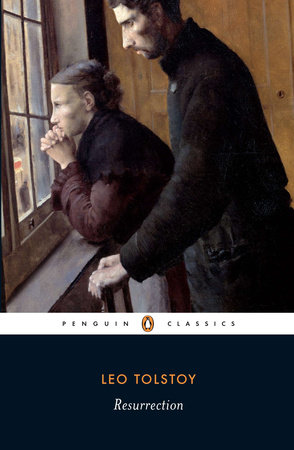

The House of Mirth
By Edith Wharton
Introduction by Cynthia Griffin Wolff
Notes by Cynthia Griffin Wolff
By Edith Wharton
Introduction by Cynthia Griffin Wolff
Notes by Cynthia Griffin Wolff
By Edith Wharton
Introduction by Cynthia Griffin Wolff
Notes by Cynthia Griffin Wolff
By Edith Wharton
Introduction by Cynthia Griffin Wolff
Notes by Cynthia Griffin Wolff
Category: Classic Fiction | Literary Fiction | Historical Romance
Category: Classic Fiction | Literary Fiction | Historical Romance

-
$12.00
May 01, 1993 | ISBN 9780140187298
-
May 01, 1993 | ISBN 9781101640241
YOU MAY ALSO LIKE
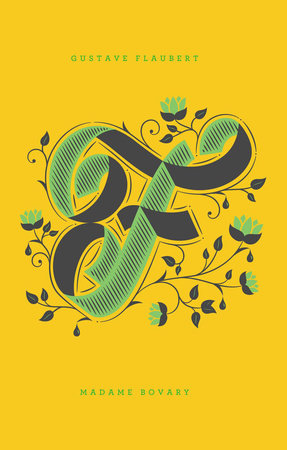
Madame Bovary
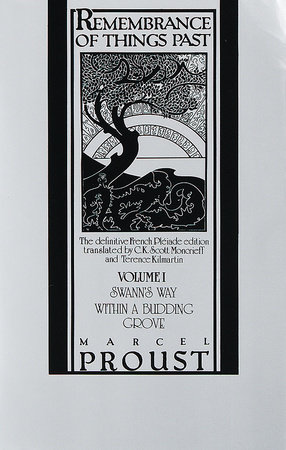
Remembrance of Things Past, Volume I
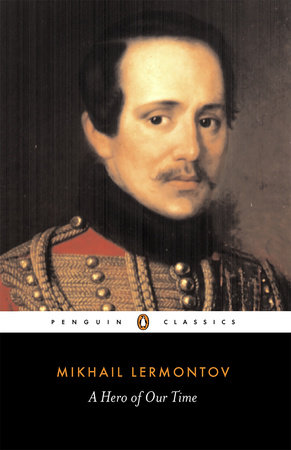
A Hero of Our Time
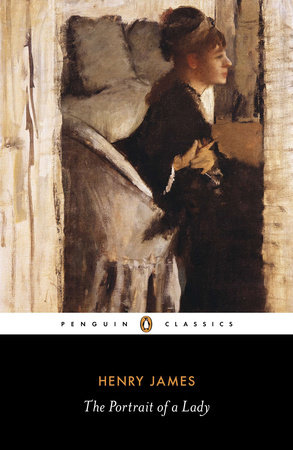
The Portrait of a Lady
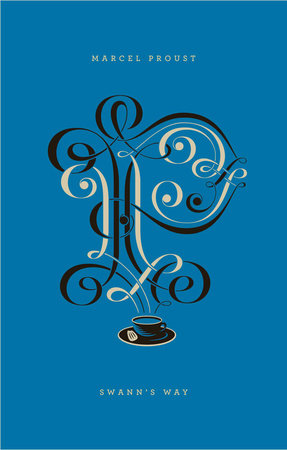
Swann’s Way
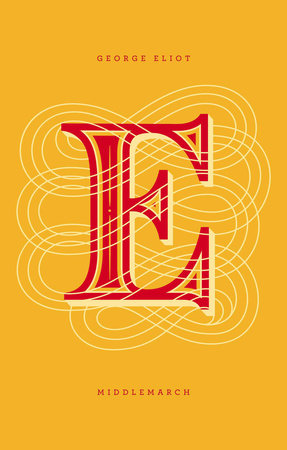
Middlemarch
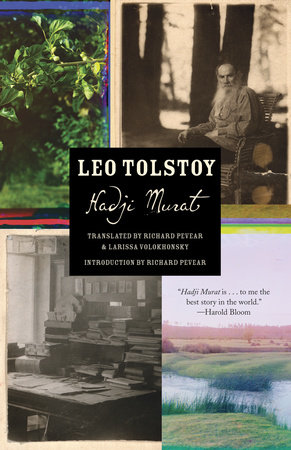
Hadji Murat
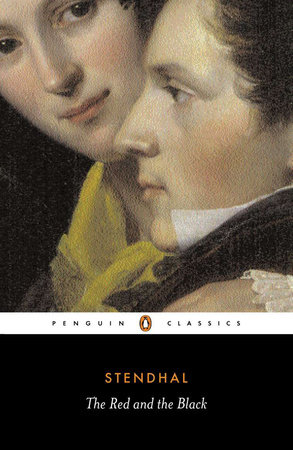
The Red and the Black
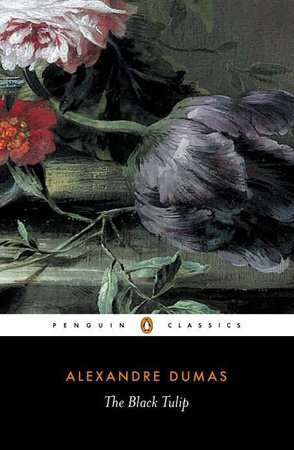
The Black Tulip
Praise
With an introduction by Elizabeth Hardwick,
Contemporary Reviews, and Letters
Between Edith Wharton and Her Publisher
" A frivolous society can acquire dramatic significance only through what its frivolity destroys."–Edith Wharton
Lily Bart knows that she must marry–her expensive tastes and mounting debts demand it–and, at twenty-nine, she has every artful wile at her disposal to secure that end. But attached as she is to the social world of her wealthy suitors, something in her rebels against the insipid men whom circumstances compel her to charm.
"Why must a girl pay so dearly for her least escape," Lily muses as she contemplates the prospect of being bored all afternoon by Percy Grice, dull but undeniably rich, "on the bare chance that he might ulti-
mately do her the honor of boring her for life?" Lily is distracted from her prey by the arrival of Lawrence Selden, handsome, quick-witted, and penniless. A runaway bestseller on publication in 1905, The House of Mirth is a brilliant romantic novel of manners, the book that established Edith Wharton as one of America’s greatest novelists.
" A tragedy of our modern life, in which the relentlessness of what men used to call Fate and esteem, in their ignorance, a power beyond their control, is as vividly set forth as ever it was by Aeschylus or Shakespeare." –The New York Times
Edith Wharton (1862-1937) was awarded the Pulitzer Prize in
1920 for The Age of Innocence. But it was the publication of The House of Mirth in 1905 that marked Wharton’s coming-of-age as a writer.
21 Books You’ve Been Meaning to Read
Just for joining you’ll get personalized recommendations on your dashboard daily and features only for members.
Find Out More Join Now Sign In






